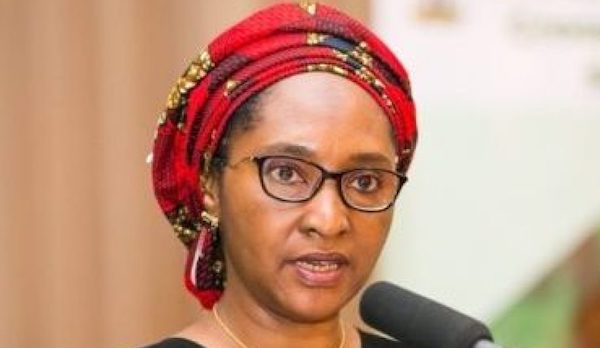News
DEVELOPING STORY: Nigeria plunges into second recession in four years

Nigeria has slipped into its second recession in four years after the economy posted a second consecutive contraction in the third quarter of this year.
The Statistician General of the National Bureau of Statistics (NBS), Yemi Kale, who disclosed this on his Twitter handle on Saturday, said Nigeria’s Gross Domestic Product (GDP) slowed by 3.6 percent in the three months to September.
He wrote: “The Gross Domestic Product (GDP) slowed by 3.6 percent in the three months to September, relative to a shrinking of 6.1 percent seen in the quarter before.”
Nigeria recorded its first recession in 2016.
Oil production, on which the Nigerian economy is propped with more than 65 percent contribution to the government’s revenues and 95 percent to foreign exchange earnings, crashed to 1.67 million barrels per day from 1.81 million in the previous three months.
It is the weakest point since the period from July to September 2016, when the economy was in the doldrums and the GDP contraction lasted more than one year.
Nigeria also scaled down oil production to meet OPEC+ quota demand.
Read also: Nigeria may slip into another recession —Buhari
The tightening in the economy is expected to make the task of the Monetary Policy Committee (MPC) of the Central Bank of Nigeria more difficult as it prepares for a two-day meeting beginning from Monday where the benchmark interest rate will be decided.
The monetary authority made a policy move that confounded analysts’ expectations in September where it undertook an interest rate cut by 100 basis points to bolster the economy.
Inflation has been soaring relentlessly, rising above target for than five years, and pressure on naira heaping up.
All these could force the MPC to retain the current rate on Tuesday.
Join the conversation
Support Ripples Nigeria, hold up solutions journalism
Balanced, fearless journalism driven by data comes at huge financial costs.
As a media platform, we hold leadership accountable and will not trade the right to press freedom and free speech for a piece of cake.
If you like what we do, and are ready to uphold solutions journalism, kindly donate to the Ripples Nigeria cause.
Your support would help to ensure that citizens and institutions continue to have free access to credible and reliable information for societal development.
























